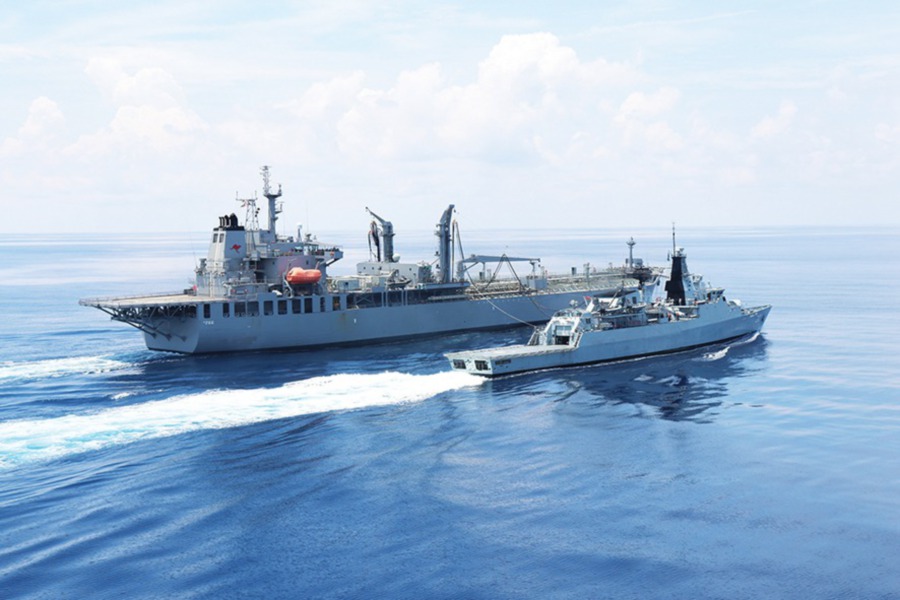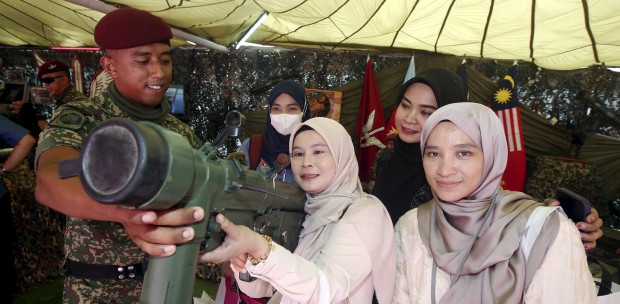THE Five Power Defence Arrangements (FPDA) celebrates 50 years of establishment this year, having made important progress and remaining relevant to the changing strategic environment since its inception.
This is mainly attributed to three founding principles, which are a defensive strategy with a non-threatening posture, progress at a pace comfortable to all its members and continuing to be a relevant security arrangement within the ever-changing strategic environment.
It was established on Nov 1, 1971 to replace the Anglo-Malaysian Defence Agreement (AMDA) between Malaysia, Singapore, Australia, New Zealand and the United Kingdom, and to contribute to the external defence of Malaysia and Singapore, on the basis that the defence of both nations is indivisible.
Supporting its evolution, the 10th FPDA Defence Ministers' Meeting in 2017 has approved the '3R' principles; Remit, Relevance and Reassurance as key elements in guiding the 50th Anniversary Stock-Take process.
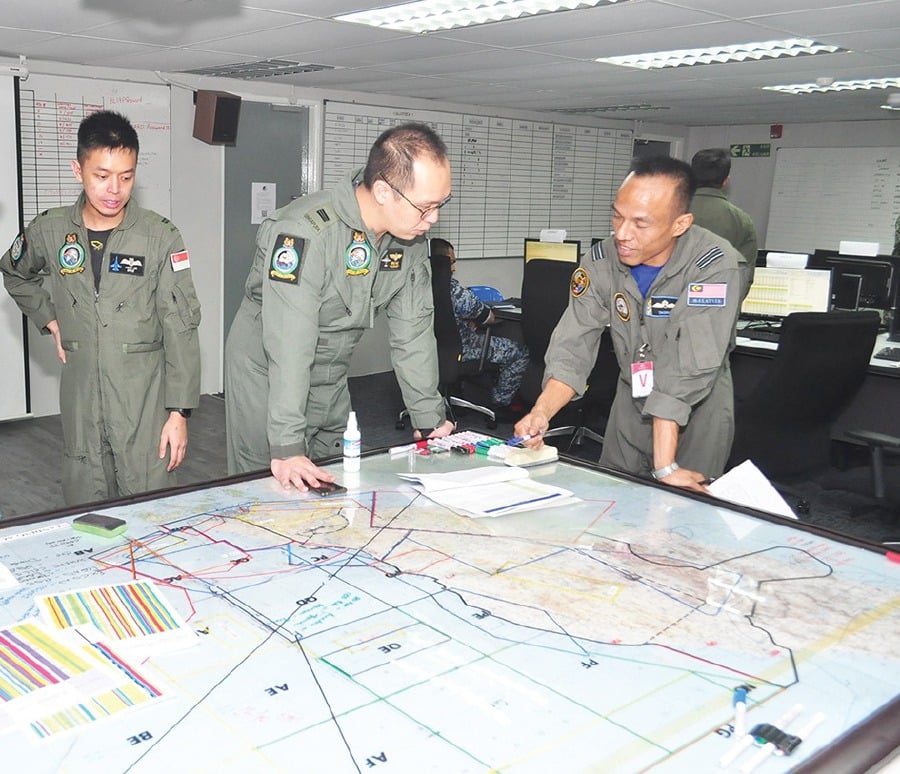
FPDA Structure
The FPDA committee structure and processes continue to serve the FPDA well and have contributed to its success.It has four layers:
• FPDA Defence Ministers (FDMM) meet once every three years and is hosted alternatively between Malaysia and Singapore. The FDMM helms the FPDA through strategic consultations among member nations and provides constructive guidance to the arrangement;
• FPDA Consultative Council (FCC) at the level of the Defence Ministry Secretary General, meets biannually to provide policy guidance. At the military level, the FPDA Defence Chiefs' Conference (FDCC) meets every 18 months to provide professional guidance on FPDA activities;
• FPDA Policy Group (FPG) at the level of Defence Ministry Undersecretary/ director, meets biannually and translates FCC's policy guidance to the subordinate committees. On military operations, the FPDA Activity Coordinating Committee (FACC) at the Assistant Chief of Staff equivalent meets biannually to coordinate FPDA activities; and
• The Headquarters of Integrated Area Defence System (HQIADS) in Butterworth acts as the operational arm of the FPDA. It is headed by an Australian Air vice-marshal and has a staff strength of 52 personnel representing all five nations.
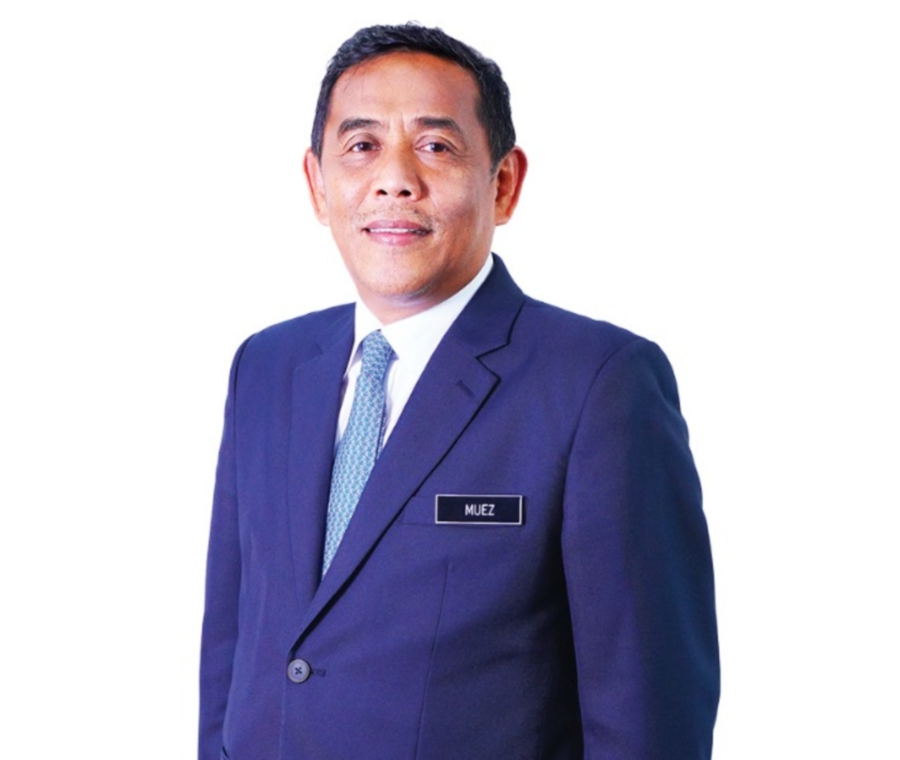
Evolution of the FPDA
Throughout its 50 years of existence, the FPDA has achieved many remarkable accomplishments. It successfully established its operational headquarters, the Headquarters Integrated Air Defence Systems (HQIADS) on Sept 1, 1971.
The first decade (1971 – 1980) was dedicated to building airpower capabilities, which saw the materialisation of procedures for integrated air defence and the successful conduct of exercise Lima Bersatu in 1972.
Its journey in the second decade (1981 – 1990) was surrounded by international security challenges. Domestically, Malaysia's counter-insurgency activities against communism and building a nation were all happening at the same time. Unaffected by this situation, the expansion of the FPDA's scope of activities included naval and land exercises.
The defence capability of Malaysia and Singapore continued to improve considerably under the ambit of FPDA. Consequently, the air defence command role was handed from Commander IADS to Malaysia and Singapore National Air Defence Commanders. During the third decade (1991 – 2000), the FPDA showcased another level of progression.
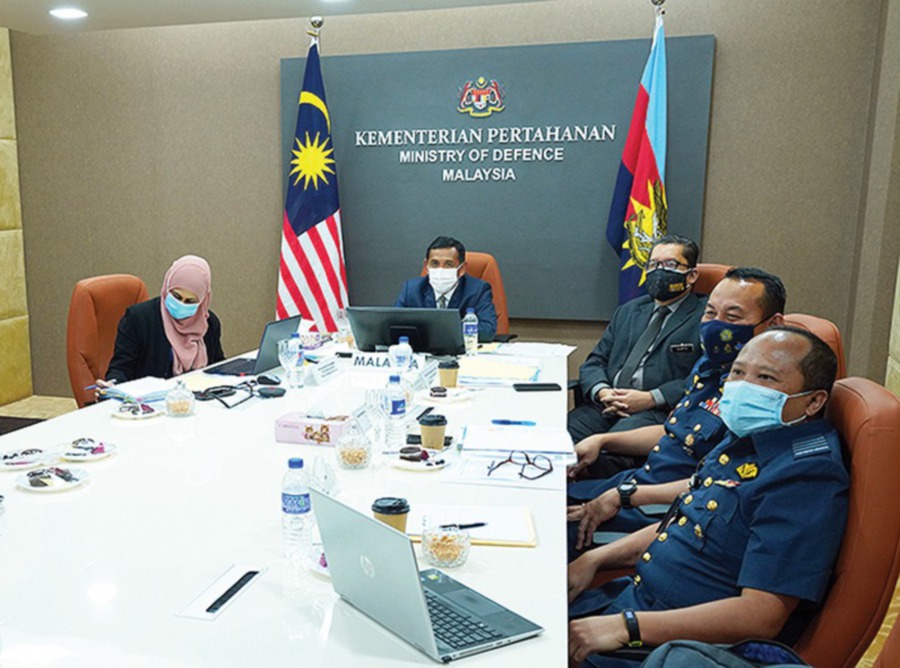
A vision to transform its exercise to be more connected by combining the conventional domains of air, land and maritime was conceptualised during this phase. This is a testament that conventional capacity remains FPDA's primary focus which remits to the external defence of its beneficiaries' countries.
The fourth decade (2001 – 2010) saw a 'more connected' approach of FPDA forces, aspired to deepen the conventional exercise and encourage flexibility in responding to contemporary challenges.
The transformation of HQIADS to Headquarters Integrated Area Defence System (HQIADS) in 2011 reflected the maturity of FPDA.
It signified an evolution of focus from providing air defence to a complete spectrum of joint defence for Malaysia and Singapore as an area of security in this arrangement.
As FPDA marched towards the end of its fourth decade, the FDMM encapsulated FPDA achievements and set forward thinking around the concept of remit, relevance and reassurance which became the guiding principles for the 50th Anniversary Stock-take.
Malaysia's Perspective on FPDA outlook
In responding to and keeping pace with the dynamics of global and regional security challenges, Malaysia acknowledges the continual relevance of FPDA to national defence, and continues to view it as an important element in our defence diplomacy. Nonetheless, certain changes ought to be made for it to stay relevant.
Whilst Malaysia observes the global security landscape is leaning towards the posture of non-traditional security threats, FPDA's conventional warfare serial remains an important element of the Malaysian Armed Forces capacity building.
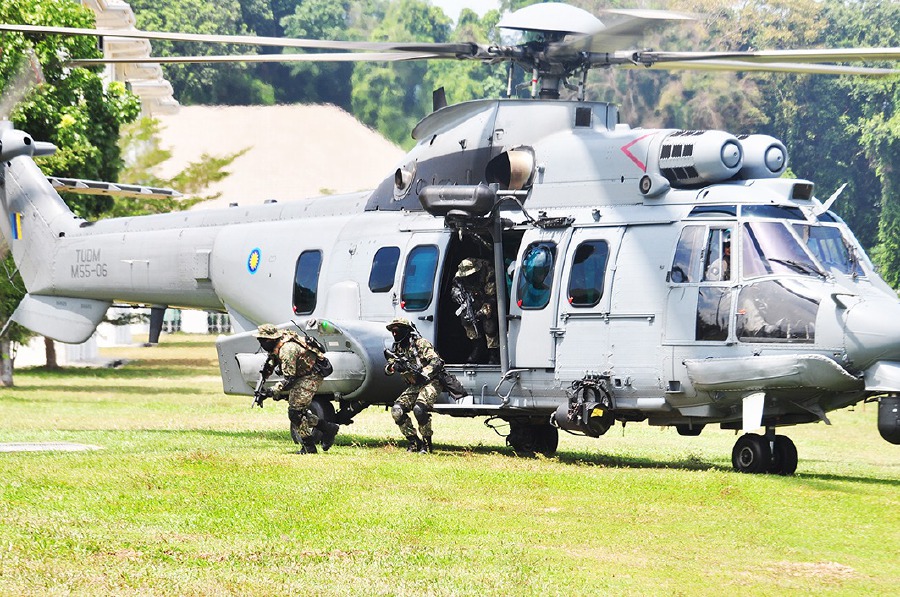
However, Malaysia will continue to embrace a non-conventional and asymmetrical capacity to effectively respond to the current and future security challenges.
A good balance of both conventional and non-conventional domains is the key to the future enhancement of the Malaysian Armed Forces' professionalism and interoperability among member nations.
Upcoming 11th FDMM
Malaysia will host the FPDA 50th Anniversary celebration and the 11th FDMM on Oct 21 in Kuala Lumpur.
Defence Minister Datuk Seri Hishammuddin Tun Hussein will chair the meeting in a virtual format.
The Defence Ministers of Singapore, Australia, New Zealand and the Minister for the Armed Forces of the United Kingdom will also attend through video teleconferencing.
At the end of the 11th FDMM, the FPDA Defence Ministers are expected to sign a Joint Declaration affirming member nations commitment to the FPDA and commemorating the FPDA 50 years of achievements, since its founding in 1971.


